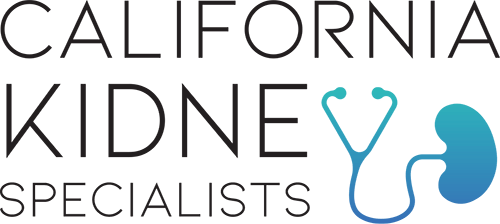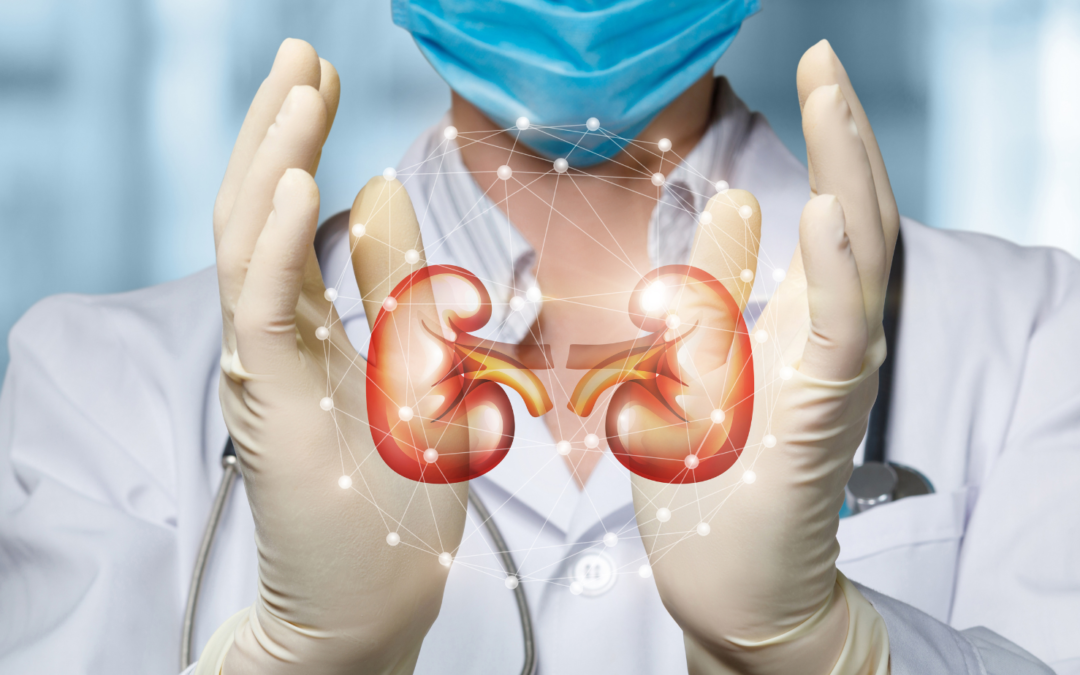
by admin | Aug 26, 2023 | Uncategorized
The human body is a marvel of intricate systems working in harmony to maintain our health. Among these, the kidneys stand out as unsung heroes, tirelessly performing vital functions that keep us alive and well. In this blog, we delve into the fascinating world of...
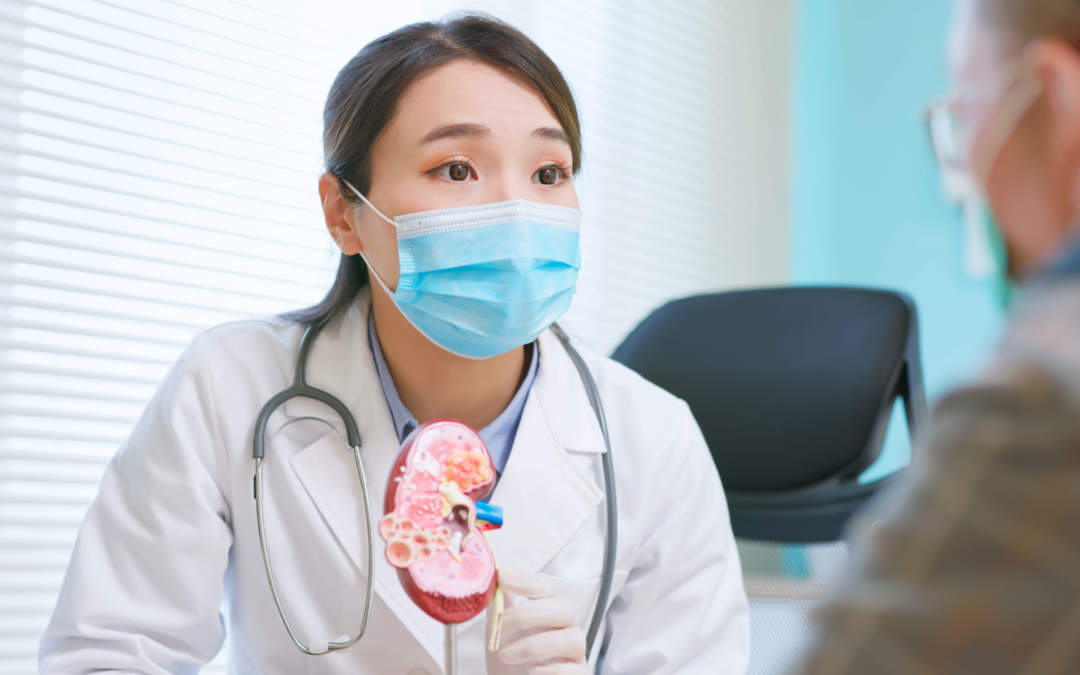
by admin | Aug 19, 2023 | Uncategorized
Acute Kidney Injury (AKI) is a serious medical condition characterized by a sudden and rapid decline in kidney function. Formerly known as acute renal failure, AKI can have severe consequences if not identified and managed promptly. In this blog, we will delve into...
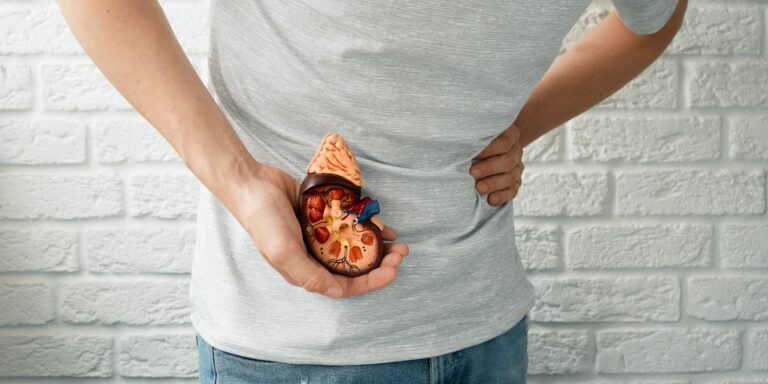
by admin | Aug 6, 2023 | Uncategorized
Have you ever thought about your kidneys? Probably not until they start acting up. Our kidneys work hard behind the scenes, filtering waste and excess fluid from our blood to keep us healthy. But the truth is, most of us don’t give them a second thought. The...
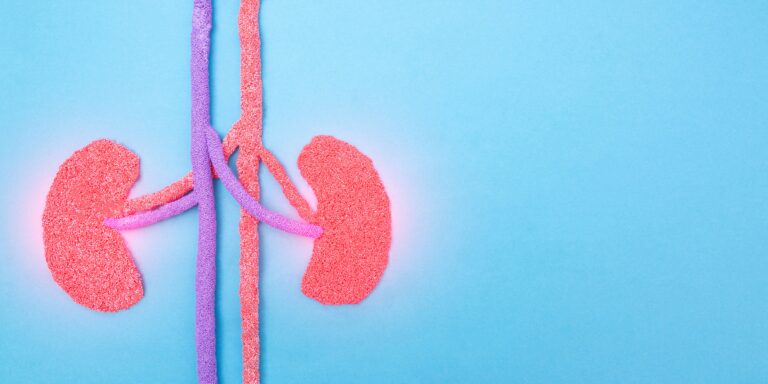
by admin | Jun 9, 2023 | Nephrologist, Uncategorized
So your child was just diagnosed with glomerulonephritis. As a parent, you want the best care possible for them during this difficult time. Kidney disease in children is a serious business, and you need a pediatric nephrologist you can trust. But how do you find the...

by admin | May 30, 2023 | Uncategorized
You’ve been living with diabetes for years now, doing your best to keep your blood sugar under control. But even with diligent management, diabetes can lead to complications like diabetic nephropathy, or kidney disease. The good news is the earlier it’s...
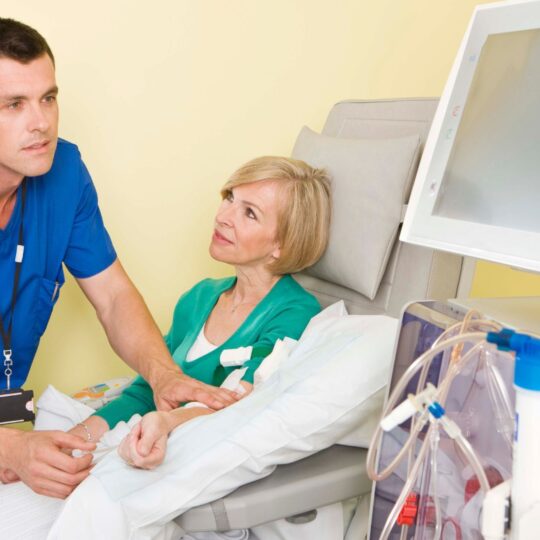
by admin | Apr 23, 2023 | Uncategorized
Being a caregiver for a patient who is receiving regular dialysis can be a challenging task. Not only is it a time-consuming and physically demanding process, but it can also be emotionally draining. It is important to take care of yourself so that you have the energy...







